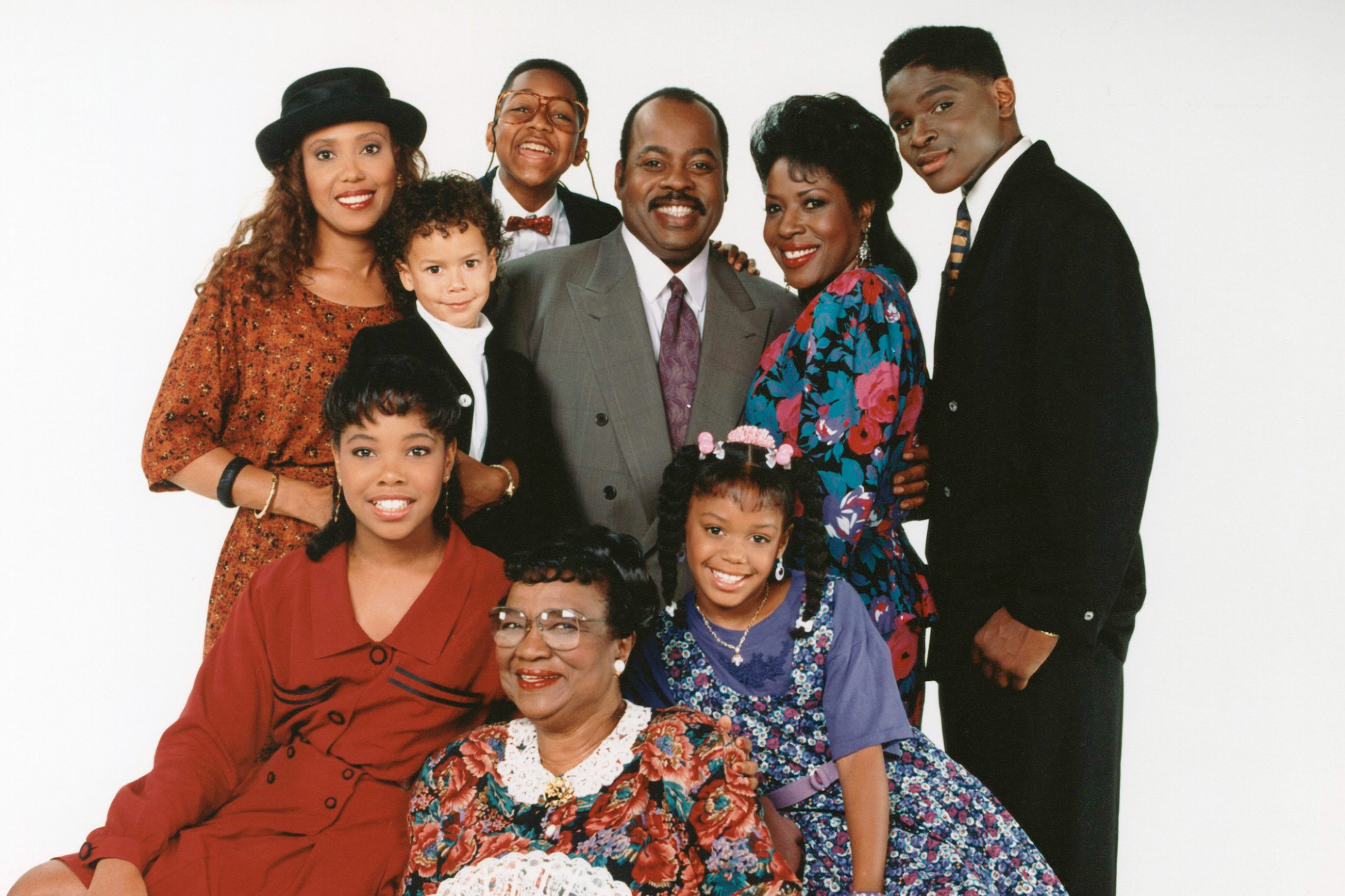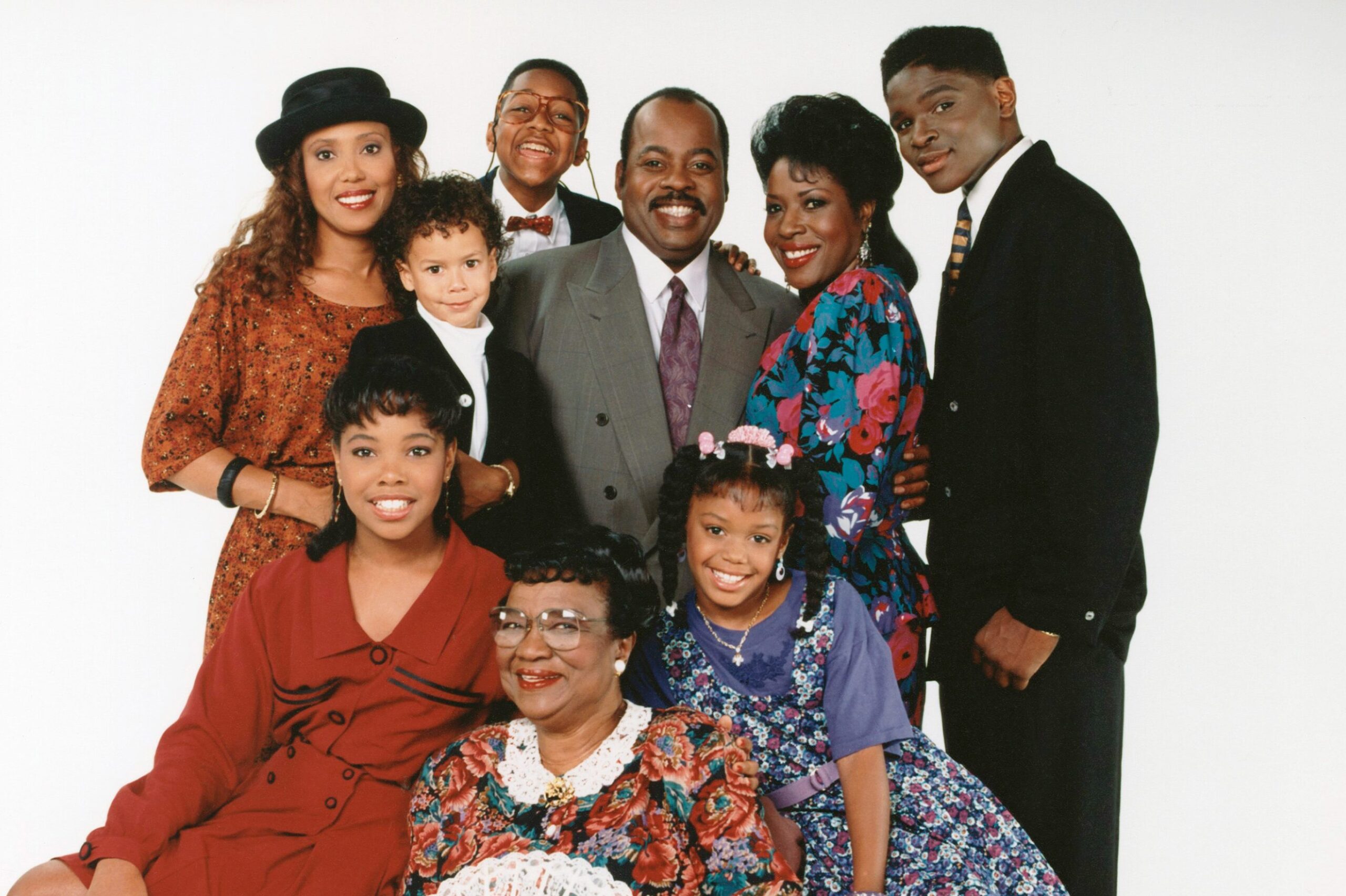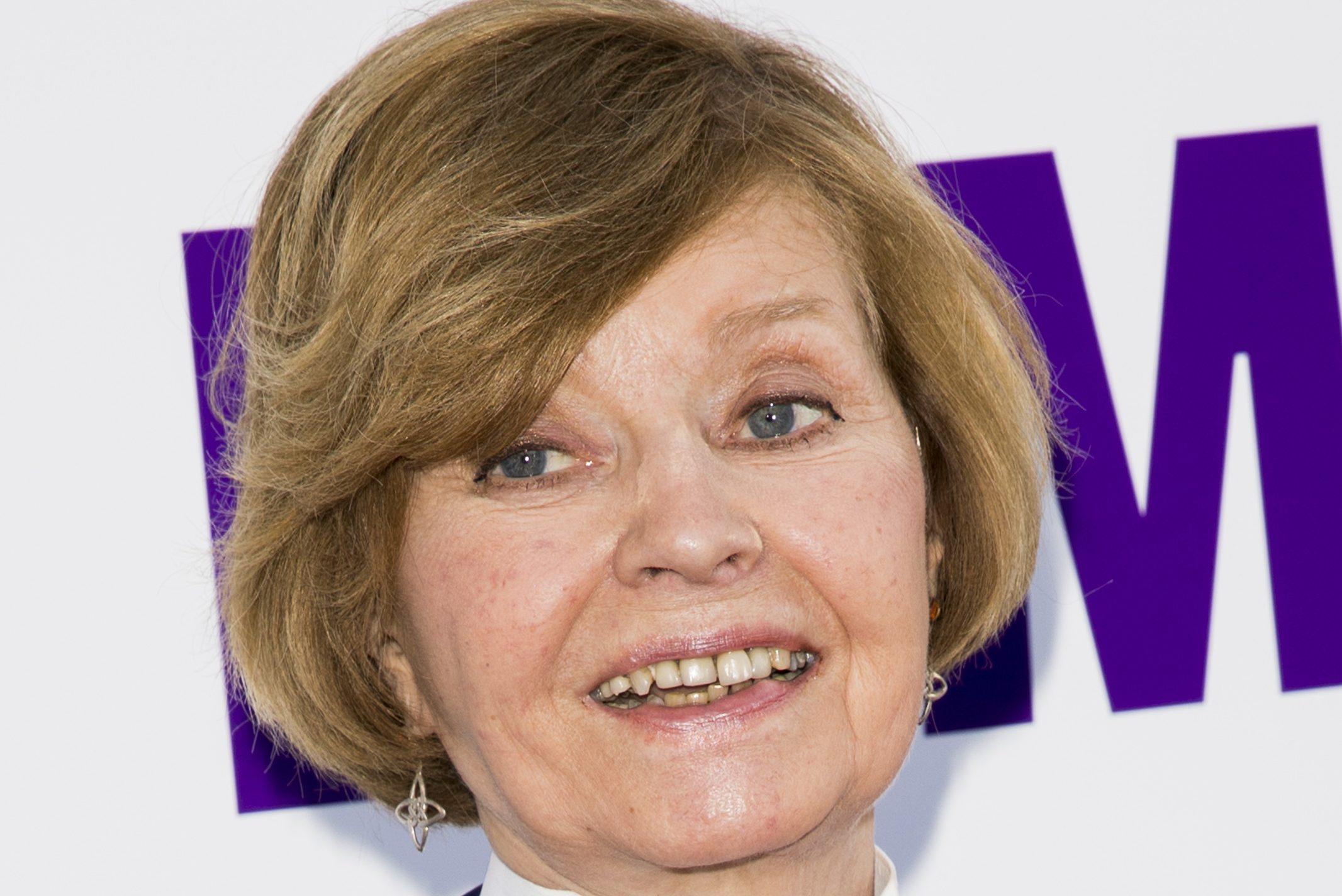The revival of ‘Family Matters’ through a podcast is a blatant exploitation of nostalgia, blurring the lines between genuine cultural reflection and the commodification of our childhoods, echoing deeper societal rifts over authenticity and memory.
Nostalgia is a powerful tool in the media landscape, often evoking feelings of warmth and comfort associated with past experiences. It can also serve as a double-edged sword, invoking criticism for its potential to exploit emotions and memories for profit. The recent announcement of a podcast titled “Welcome to the Family With Telma and Kellie,” co-hosted by Kellie Williams and Telma Hopkins, both stars of the beloved ‘90s sitcom “Family Matters,” exemplifies this phenomenon. While many fans might welcome the chance to revisit their childhood favorites, the initiative raises larger questions about the commercialization of nostalgia and the authenticity of such ventures.
“Family Matters,” which aired from 1989 to 1998, was not merely a sitcom; it was a cultural touchstone that explored themes of family, community, and identity within the African American experience. The show was notable for its portrayal of the Winslow family, a middle-class African American family living in Chicago, and for its central character, Steve Urkel, who became an iconic figure in television history. The series tackled various social issues, including race, class, and family dynamics, often blending humor with poignant life lessons.
In recent years, there has been a resurgence of interest in classic television shows, driven in part by the rise of streaming platforms that allow viewers to revisit past hits. This tendency has not gone unnoticed by media companies, which see both a market and an audience eager for nostalgic content. The podcast format, with its intimate and conversational style, offers a unique platform for cast members to share behind-the-scenes stories, discuss character development, and reflect on the impact of the series. However, this raises a critical point about whether such retrospectives provide genuine insights or merely serve as vehicles for profit.
The podcast’s co-hosts, Williams and Hopkins, are well aware of the significance of their roles in the show and the affection fans hold for “Family Matters.” They have the opportunity to engage with their audience on a personal level, reminiscing about the show’s legacy and its cultural significance. Yet, this can also lead to a commodification of nostalgia, where the original message and themes of the show may become secondary to the entertainment value of the podcast. As the podcast industry continues to grow, the line between authentic storytelling and marketing strategy can blur, creating a landscape where nostalgia is not just remembered but monetized.
Critics of nostalgia-driven media often argue that it can lead to a form of cultural stagnation, where new ideas are overshadowed by a relentless focus on the past. This phenomenon raises broader implications for the media industry, as content creators grapple with the balance between honoring legacy and innovating for the future. The revival of interest in shows like “Family Matters” can also reflect societal desires to reconnect with simpler times, especially in periods of turmoil or uncertainty. The comfort of familiar characters and storylines can provide a sense of stability amidst chaos, but this comfort can come at the cost of creativity and progress in storytelling.
Moreover, the nostalgia surrounding “Family Matters” is not without its complexities. While the show was groundbreaking in many ways, it also faced criticism for its portrayal of certain stereotypes and its sometimes simplistic handling of serious issues. Reflecting on these aspects within a modern context can be challenging. The podcast offers a space for Williams and Hopkins to address these nuances, but it also risks oversimplifying the conversation by focusing solely on the fond memories rather than critically engaging with the show’s legacy.
As audiences increasingly seek content that resonates with their lived experiences, the responsibility of the creators to engage with their past thoughtfully becomes paramount. The podcast format allows for deeper discussions and personal reflections, creating an opportunity for cast members to address how their experiences on the show have shaped their lives and careers. This can lead to meaningful conversations about representation, diversity, and the evolution of family dynamics in media.
In addition, the podcast can serve as a mirror reflecting the changes in societal attitudes since the show originally aired. The landscape of television has evolved significantly, with a greater emphasis on inclusivity and diverse storytelling. Williams and Hopkins have the chance to discuss how “Family Matters” contributed to this evolution and how it remains relevant in today’s cultural discourse. Engaging with these themes can elevate the podcast from a simple nostalgia trip to a platform for meaningful dialogue about progress and representation.
Ultimately, the revival of “Family Matters” through a podcast embodies both the allure of nostalgia and the complexities of revisiting the past. It invites fans to reconnect with cherished memories while prompting critical reflections on the legacy of the show and its cultural significance. As the podcast industry continues to grow and evolve, it will be fascinating to see how these conversations unfold and what impact they will have on both the creators and the audience. The challenge lies in navigating the delicate balance between honoring the past and paving the way for innovative storytelling that resonates with contemporary audiences.






